PROTECT YOUR DNA WITH QUANTUM TECHNOLOGY
Orgo-Life the new way to the future Advertising by AdpathwayToday’s guest is Phil Nash. Phil is a Manager of Coach Education at EXOS. He is a seasoned strength and conditioning professional who leads EXOS’s efforts to develop and educate coaches worldwide. Phil specializes in bringing practical, science-based training methods—like plyometrics and medicine-ball work—into performance systems, and regularly shares his expertise at major industry conferences
On today’s show, we dig into training models ranging from the force–velocity curve to the idea of infinite games, exploring how these frameworks influence the way we view athletic performance. Phil offers his perspective on blending structured training with the freedom of play, highlighting adaptability and growth as central themes in coaching. This episode provides clear, practical insights for coaches and athletes alike on building both physical capacity and mental resilience.
Today’s episode is brought to you by Hammer Strength and the Vert Trainer
Use code “justfly10” for 10% off the Vert Trainer
Use code “justfly20” for 20% off of LILA Exogen Wearable resistance gear at www.lilateam.com

Podcast: Play in new window | Download (Duration: 1:16:35 — 70.1MB) | Embed
Subscribe: Apple Podcasts | Spotify | Amazon Music | Android | Pandora | iHeartRadio | JioSaavn | Podchaser | Email | Deezer | Anghami | Youtube Music | RSS
View more podcast episodes at the podcast homepage. (https://www.just-fly-sports.com/podcast-home/)
Timestamps
5:12 – Phil’s Journey into Coaching and Performance Training
12:40 – Exploring the Interplay of Science and Coaching Art
22:18 – Building Strong Athlete-Coach Relationships
32:07 – The Role of Autonomy and Curiosity in Development
43:51 – Balancing Physical Preparation with Mental Readiness
55:46 – Using Constraints to Guide Skill and Movement
1:07:12 – Learning from Mistakes and Coaching Growth
1:18:09 – Phil’s Reflections on Longevity and Evolving as a Coach
Actionable Takeaways
5:12 – Phil’s Journey into Coaching and Performance Training
Key Idea: Phil’s path into performance was shaped by curiosity and the pursuit of practical knowledge over titles.
Takeaways:
- Curiosity often leads to better learning than rigid career plans.
- Don’t chase credentials alone; focus on applying knowledge effectively.
- Reflect on your own journey: what experiences shaped your coaching approach?
12:40 – Exploring the Interplay of Science and Coaching Art
Key Idea: Phil emphasizes blending research with intuition. Coaching is both science and art.
Takeaways:
- Use research as a guide, not a rulebook.
- Stay flexible: coaching requires adapting principles to individuals.
- Trust experience and feel when the data isn’t enough.
22:18 – Building Strong Athlete-Coach Relationships
Key Idea: Relationships drive results; athletes respond best when trust and mutual respect are present.
Takeaways:
- Prioritize connection before correction.
- Listen actively; athletes often know more about their body than you realize.
- Strong relationships create resilience during setbacks.
32:07 – The Role of Autonomy and Curiosity in Development
Key Idea: Giving athletes autonomy fosters curiosity, ownership, and growth.
Takeaways:
- Encourage athletes to explore solutions, not just follow orders.
- Create environments where curiosity is rewarded.
- Autonomy builds long-term motivation and adaptability.
43:51 – Balancing Physical Preparation with Mental Readiness
Key Idea: True performance is as much mental as it is physical. Mindset shapes outcomes.
Takeaways:
- Prepare the mind alongside the body.
- Use reflection and visualization tools to build confidence.
- Don’t overlook recovery as a mental reset, not just a physical one.
55:46 – Using Constraints to Guide Skill and Movement
Key Idea: Constraints-based training creates problem-solving and adaptable movers.
Takeaways:
- Design environments that force athletes to adapt.
- Use constraints to spark creativity, not to over-control.
- Let athletes discover solutions instead of prescribing every detail.
1:07:12 – Learning from Mistakes and Coaching Growth
Key Idea: Mistakes are inevitable; growth comes from reflection and adjustment.
Takeaways:
- Share your coaching mistakes with others; normalize learning.
- Build feedback loops into your practice.
- Treat mistakes as experiments, not failures.
1:18:09 – Phil’s Reflections on Longevity and Evolving as a Coach
Key Idea: Longevity in coaching comes from curiosity, humility, and willingness to evolve.
Takeaways:
- Stay curious and never assume you’ve “arrived.”
- Adapt your philosophy as science and experience evolve.
- Balance work with personal renewal to avoid burnout.
Quotes from Phil Nash
“Coaching isn’t just applying science; it’s interpreting it through the lens of people.”
“Relationships are the glue that holds performance together.”
“Curiosity is the foundation of growth; for athletes and coaches alike.”
“Constraints aren’t restrictions; they’re invitations for creativity.”
“Mistakes are part of the process; if you’re not making them, you’re not pushing boundaries.”
“Longevity comes from curiosity and humility, not from clinging to old ways.”
About Phil Nash
Phillip Nash, MS, CSCS, currently serves as Manager of Coach Education at EXOS, the global, science-driven performance company founded in 1999 and headquartered in Phoenix, Arizona. With a background in strength and conditioning (as indicated by his CSCS credential), Phil leads initiatives that shape and elevate the training and development of performance coaches across EXOS’s network of facilities and educational platforms.
Phil’s role centers on designing and delivering innovative coach education programs that empower trainers, therapists, and performance professionals to implement EXOS’s holistic training system—built on Mindset, Nutrition, Movement, and Recovery- in diverse settings ranging from elite athletics to corporate wellness.
He is frequently involved in delivering performance education sessions at major industry events.
Free Speed Training eBook - Velocity 101

Improving speed is one of the most popular topics in the athletic performance equation. Where there are many ideas and thoughts out there, as to particular training exercises, or setups, the more core aspects of speed training often go without mention. These include the fundamental aspects of what makes an athlete fast, specific sprint-power concepts, the relevance of "3D" motion, motor learning and more.
Velocity 101 will help you take a leap forward in understanding of what makes athletes fast, and how to train it effectively
Invalid email address
We will never sell your information and you can unsubscribe at any time.


 3 weeks ago
8
3 weeks ago
8






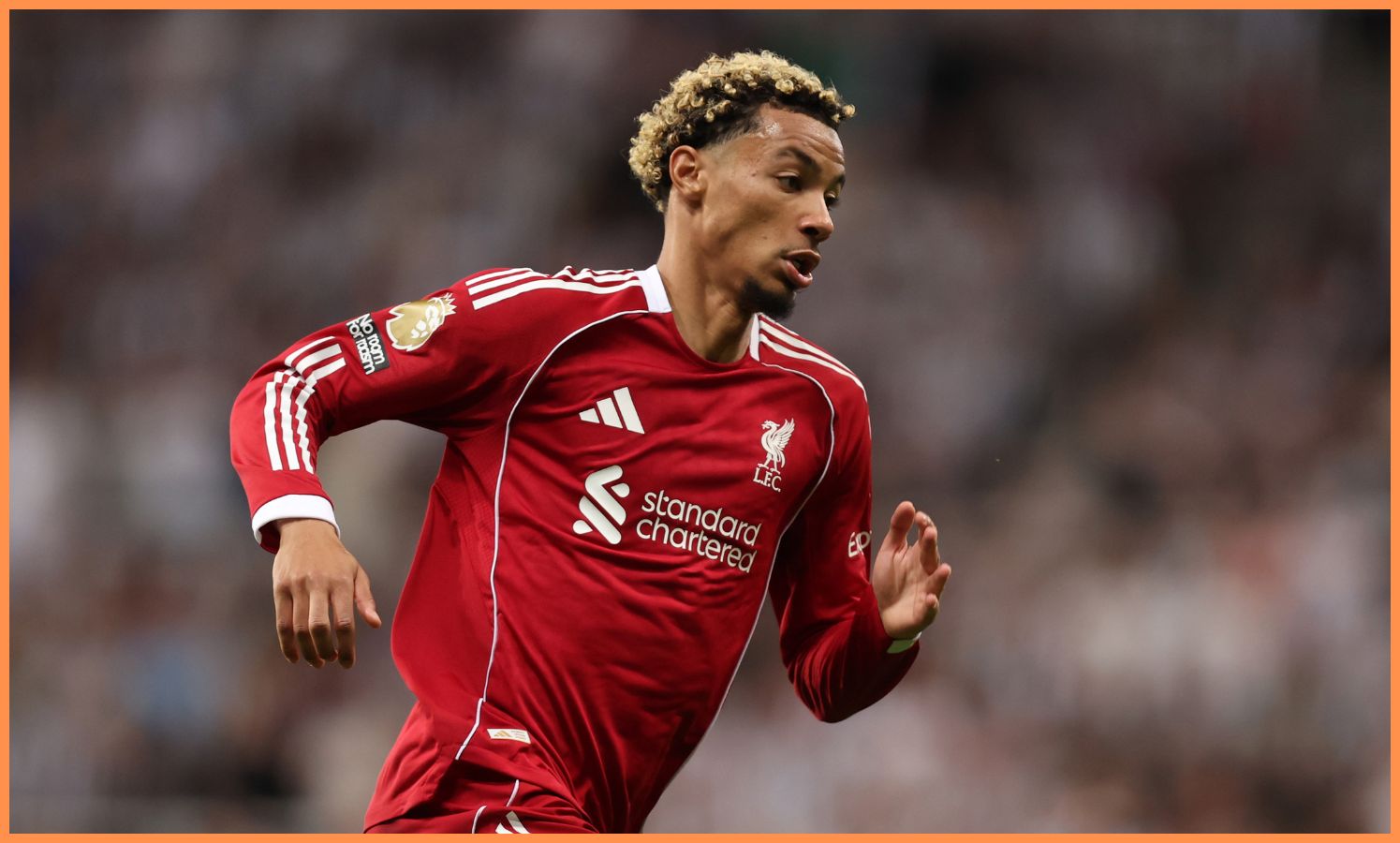
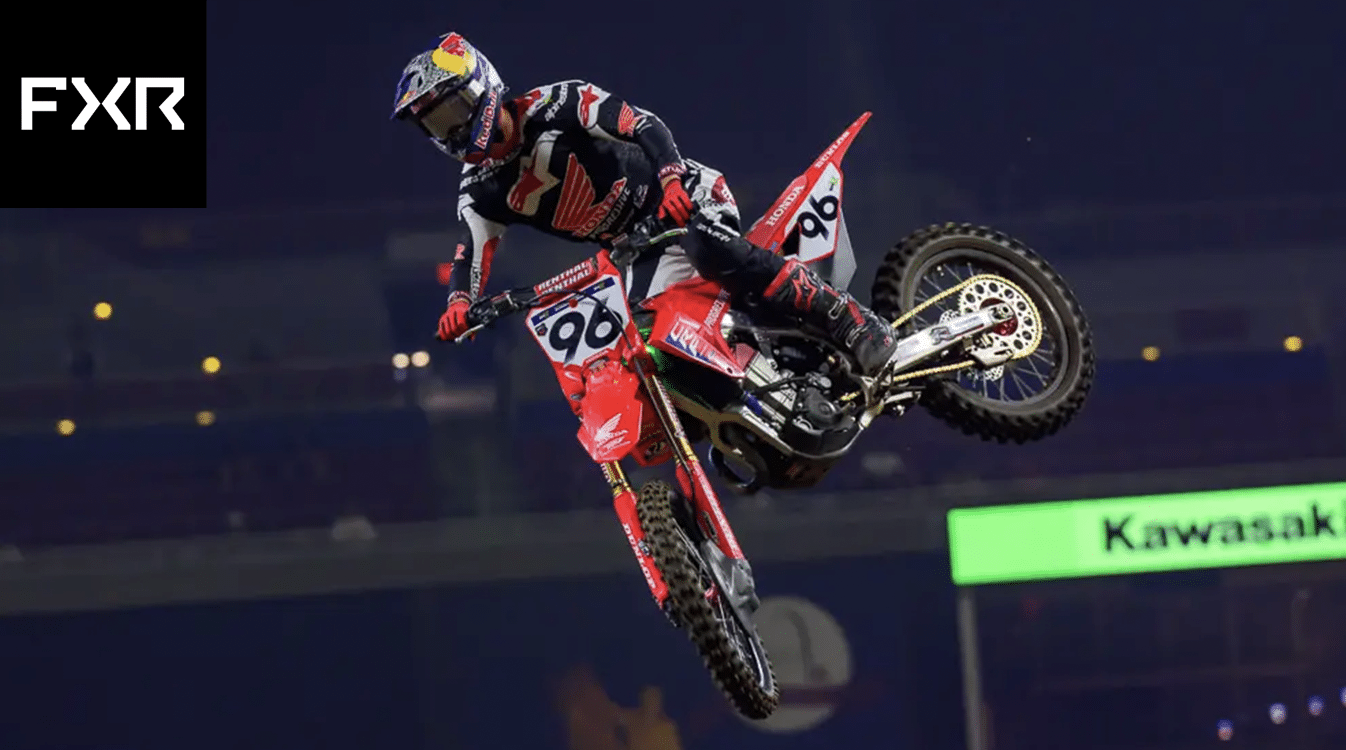


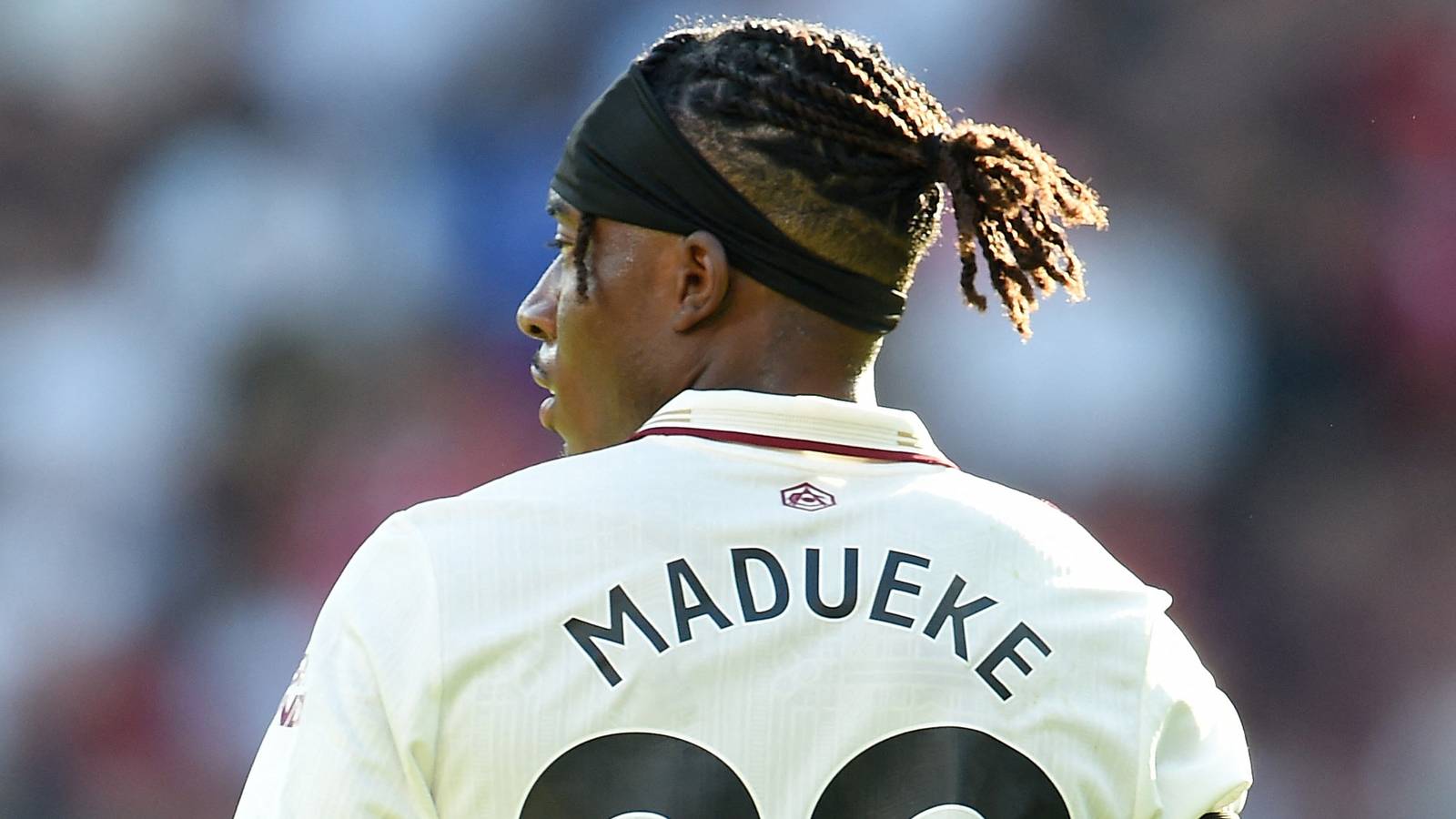
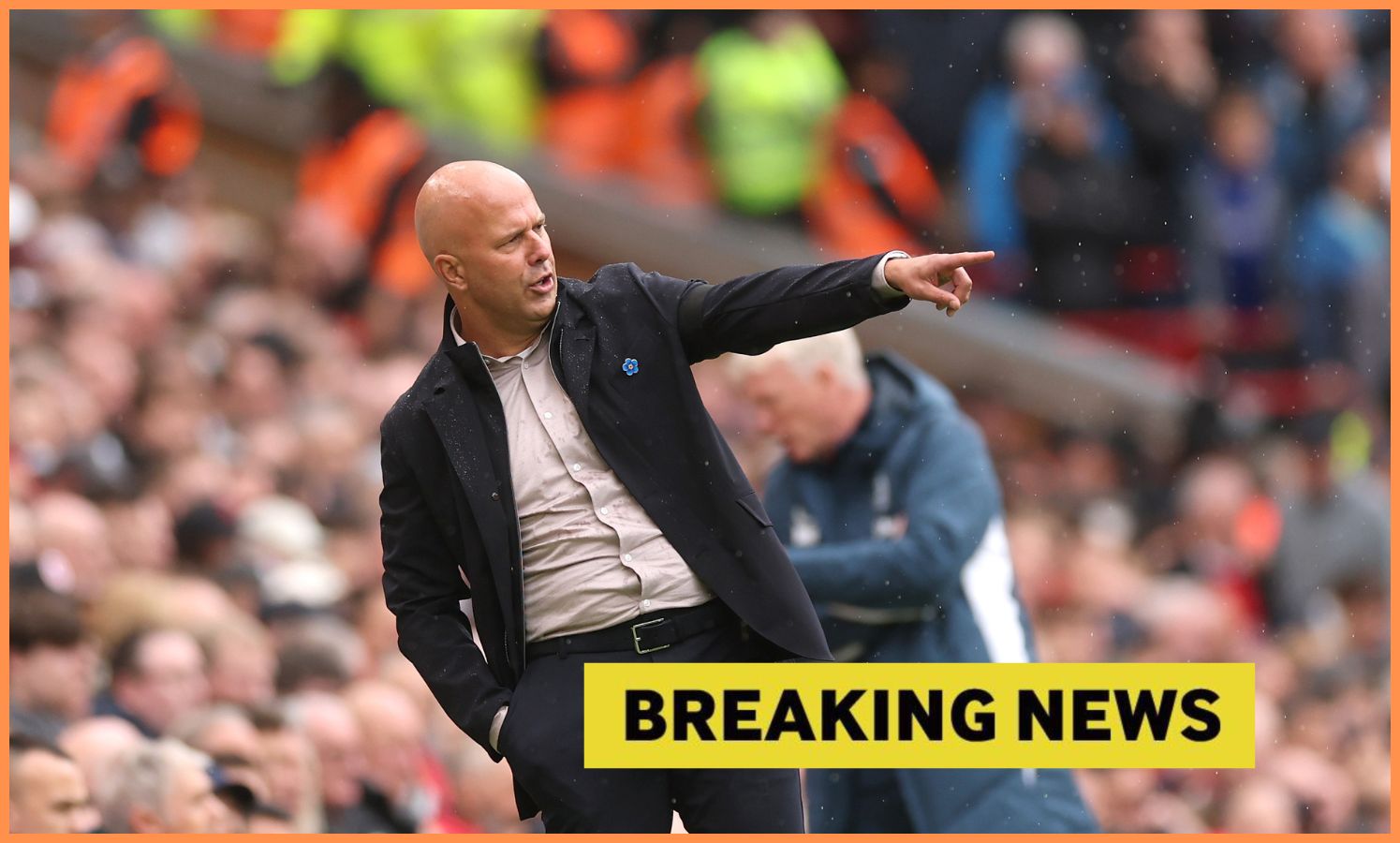
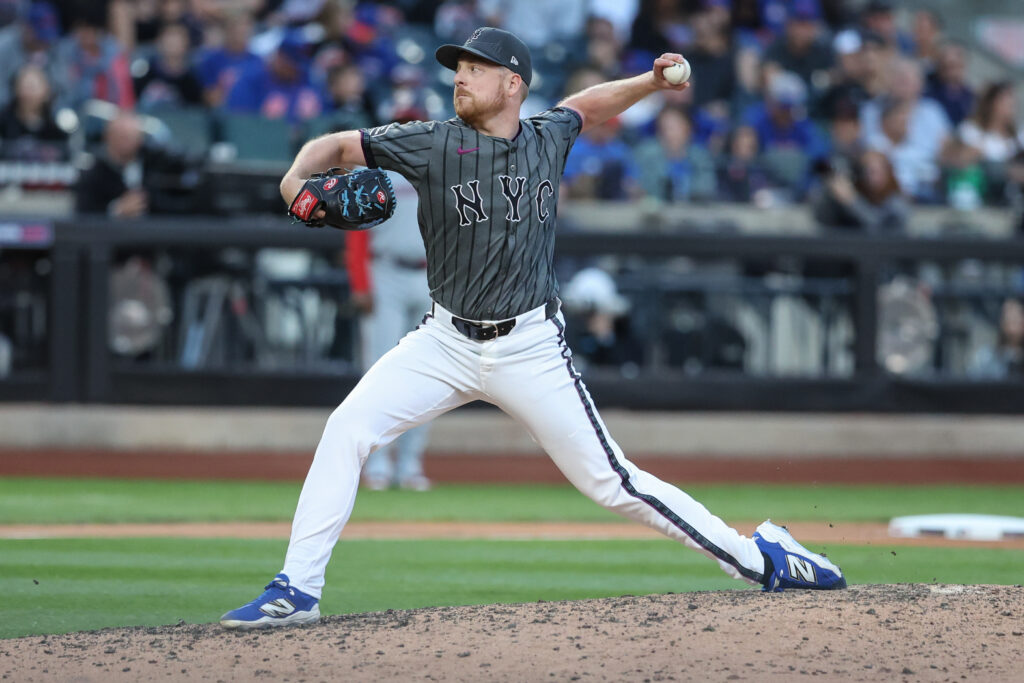
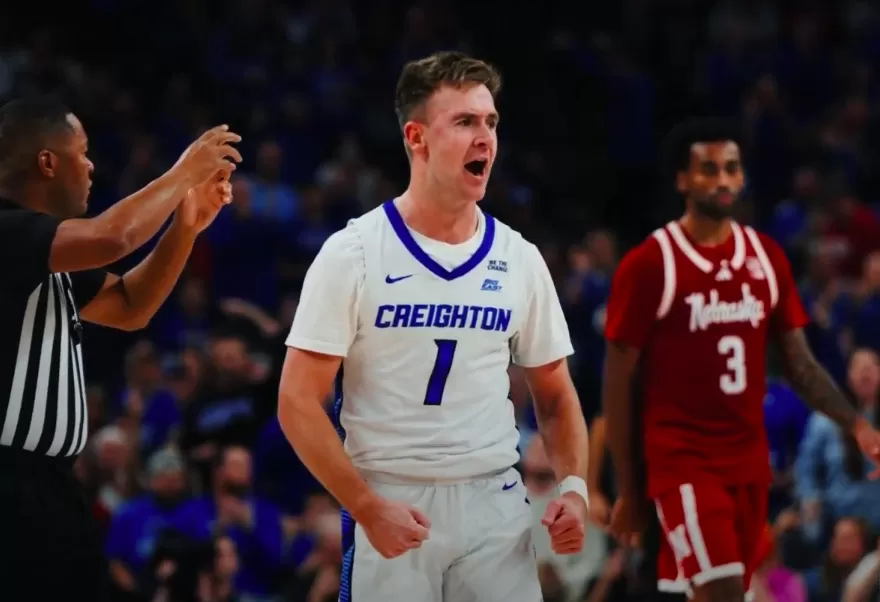

 English (US) ·
English (US) ·  French (CA) ·
French (CA) ·